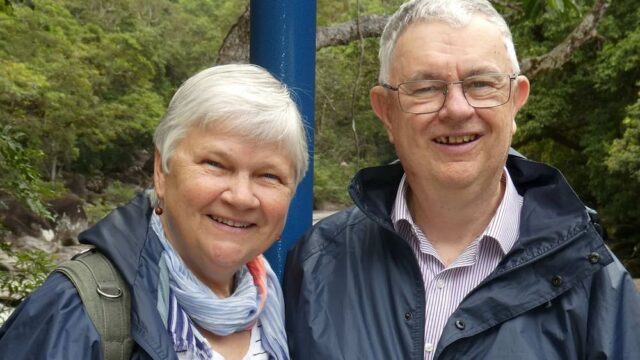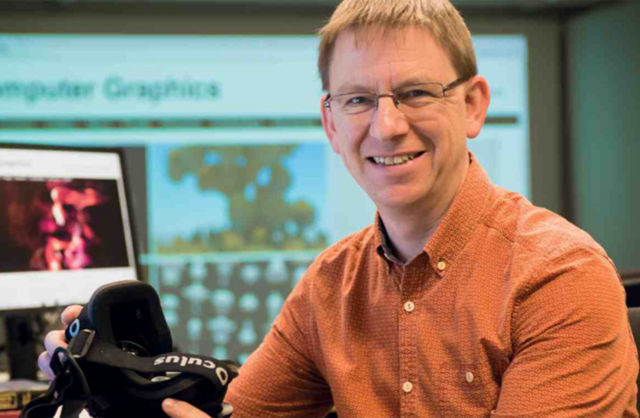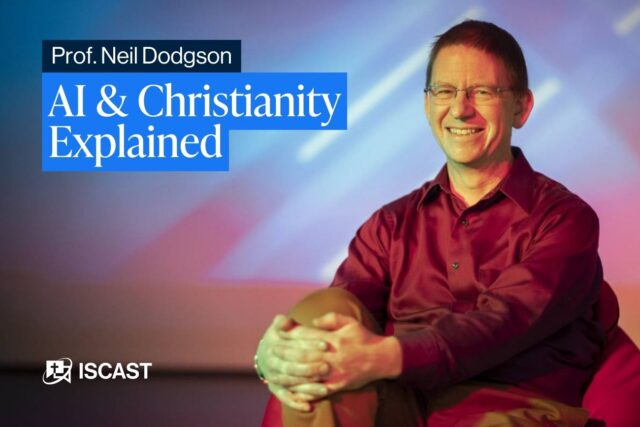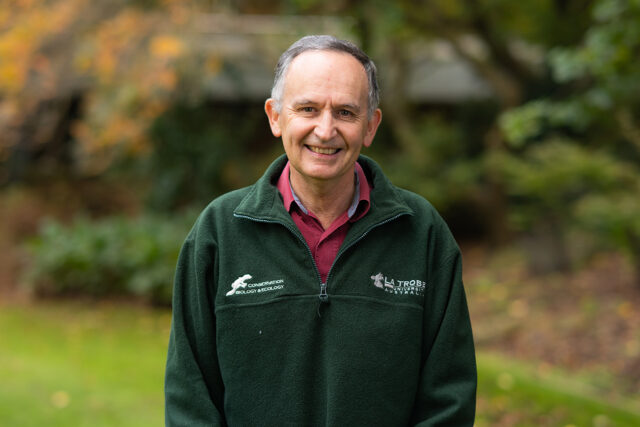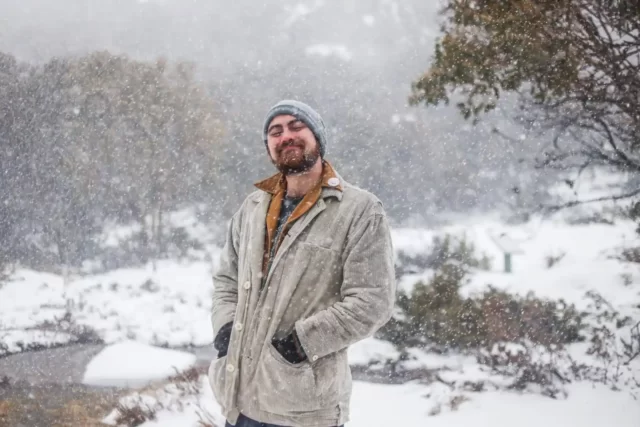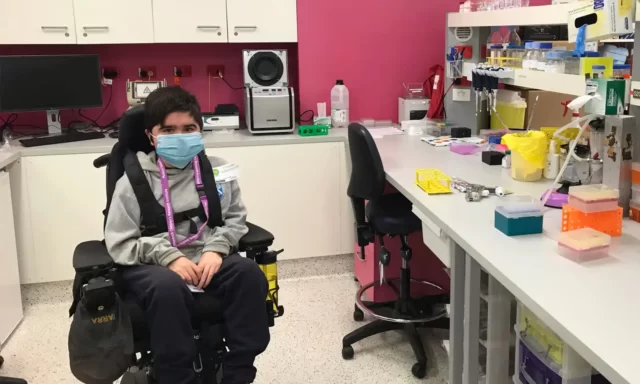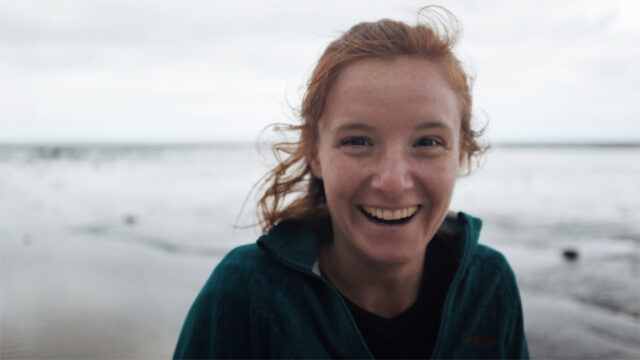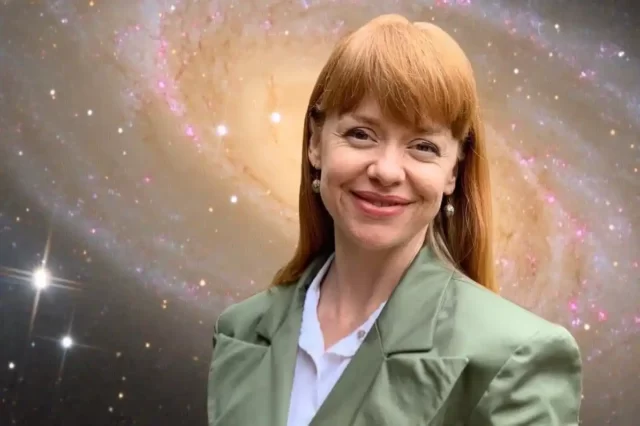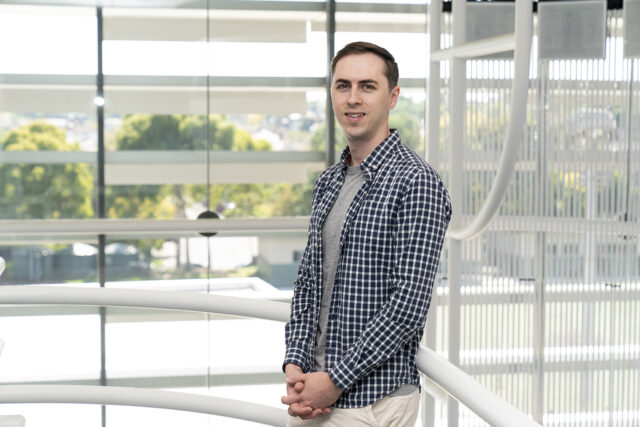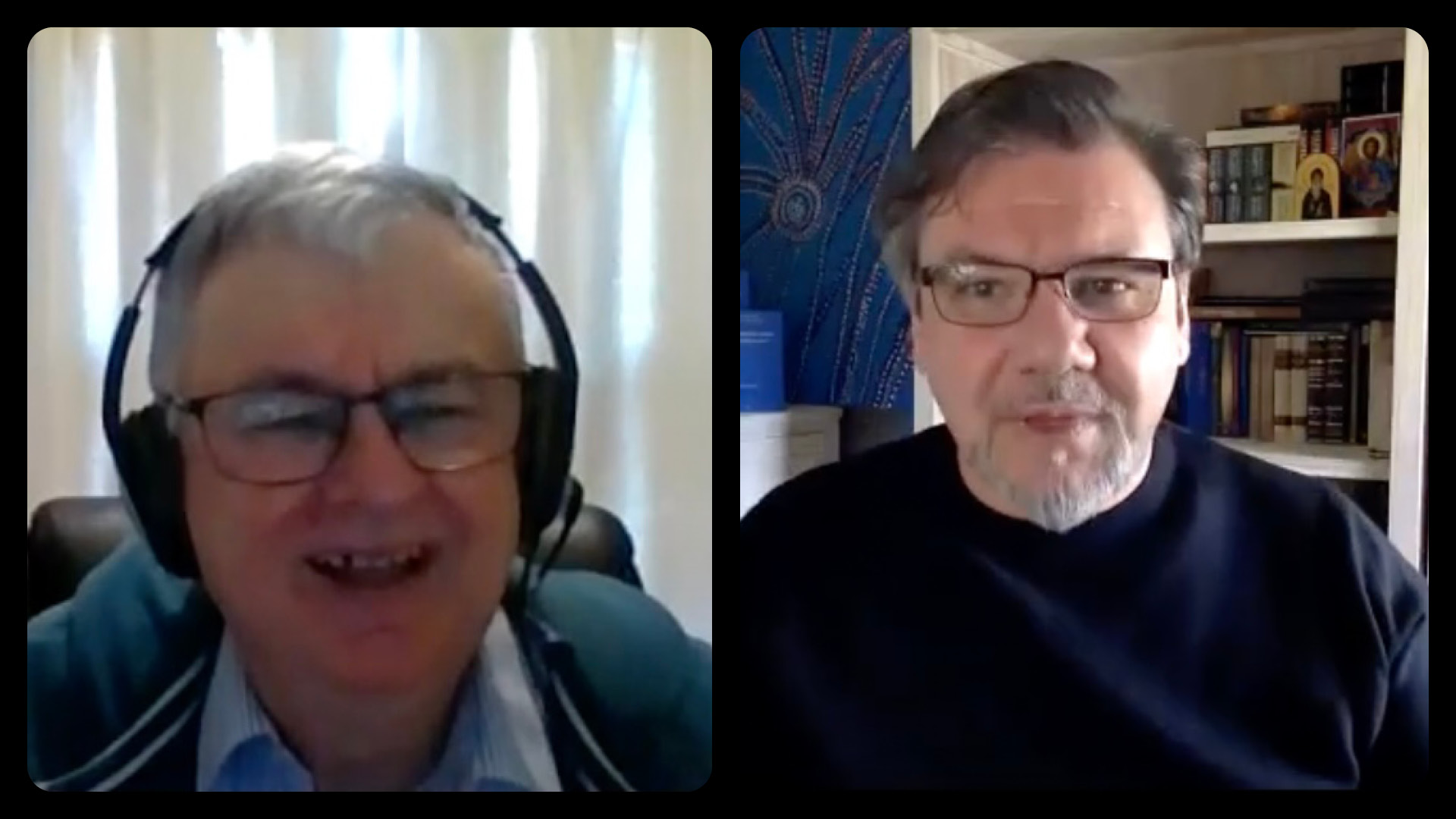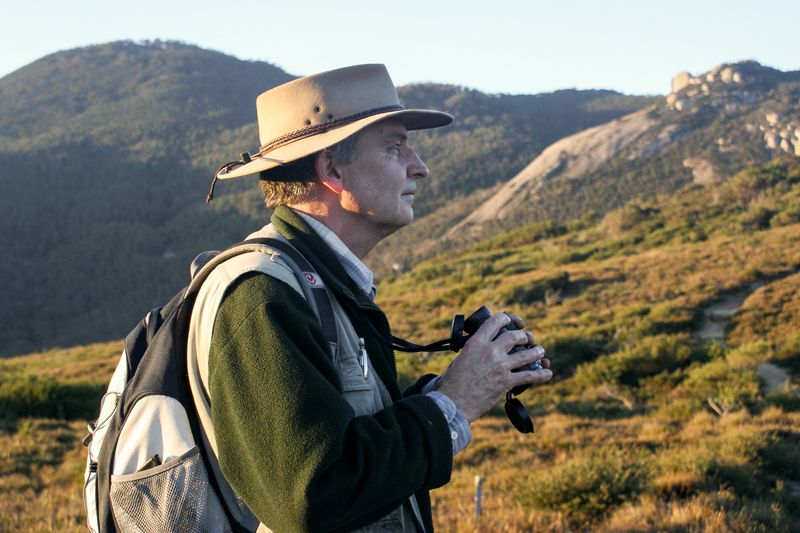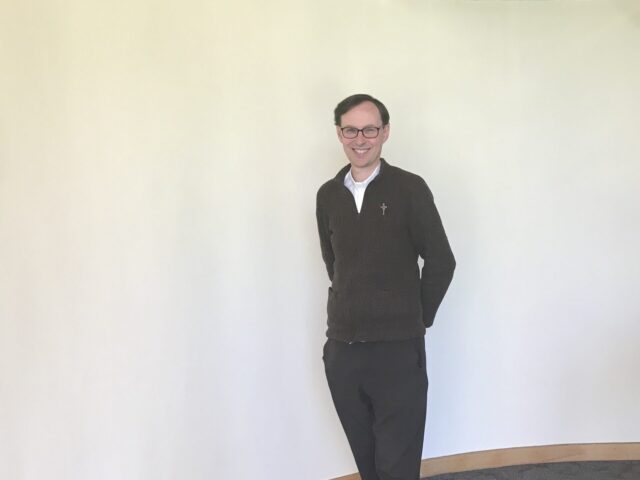
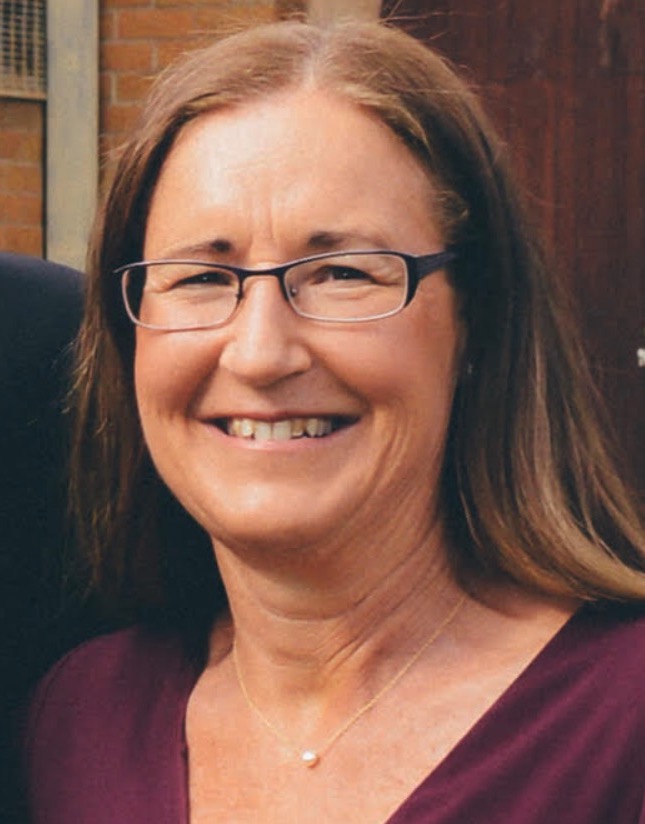
Originally published in The Melbourne Anglican.
“Integrating science and faith in the workplace” was the theme of a panel discussion featuring established scientists and science educators who are also practicing Christians at the recent ISCAST Conference on Science and Christianity.
ISCAST fellow and Dean of the Melbourne Business School, Dr Ian Harper, facilitated the panel and Q&A.
Here ISCAST board member and fellow Karen Hale, who teaches science and religious education at Ivanhoe Girls’ Grammar, shared her experiences.
Ian: Karen, on this theme of integrating faith and science in the workplace, over to you.
Karen: In high school, I loved the precision of maths and was fascinated by science, and I also became a Christian at a camp in year seven. I was very fortunate that my faith in Jesus grew at the same time as my love for science. I never saw any problem having the two together; it was just who I was. I loved science, and I was a committed Christian. I got into science at Sydney University, an exciting place to be.
When I finished my science degree, my local church asked me if I would be their youth worker. It surprised my parents that I decided to take on that position! They didn’t quite see the connection between finishing a science degree and then working full-time in ministry, but it didn’t seem to be too much of a stretch to me. After a while, I decided I did want to continue pursuing science, and it became clear through the youth work that teaching was also a passion. So, I took a science teaching course and started teaching science, which was fantastic.
I also did a certificate course in biblical studies, because it seemed natural to me that if I was developing my science, then I needed to grow in understanding my Christian faith too. I had a small break from teaching when I had children, and finished a Bachelor of Ministry over eight years.
Upon re-entering the workforce, I wanted to combine my two passions. I was offered a position at a school teaching science and religious education, an amazing combination!
Students often ask, “How can you teach Christian studies and be a science teacher?” This is an issue for our young people—they see a big divide. My presence in school is a bit of an affront to that. It gives me an opportunity to talk about my passion for science—they know I’m passionate about it—but they also know I’m passionate about Jesus. Science has much to offer, but our understanding of who we are, what’s important in life, meaning in life—these are equally as important, and as I tell them, science cannot answer those questions.
Science has much to offer, but our understanding of who we are, what’s important in life, meaning in life—these are equally as important, and as I tell them, science cannot answer those questions.
Just as I shouldn’t ask my theological friends the precise mechanisms of how the universe got here, we need to be careful that we ask the right questions of the right people. I find staff and students are very keen to engage with me, because it is who I am, and I feel a great sense of being part of the science-faith debate.
Over the years, I’ve learnt to be much more curious about what other people believe and why, and I’ve learnt the need to be gracious in my conversations with students and staff who believe very different things to me. As they say, you can win an argument but lose the debate. I don’t need to be apologetic about being a Christian and a scientist, but I also don’t need to be arrogant or disrespectful to other people, either. So, the way I engage with people is super important … because people carefully observe our lives.
Many people have been turned off by religion and there may be good reasons for that. But I try and turn people back towards Jesus. It is wise not to judge everything by the way Christians have behaved. It’s better to go back and look at the person of Jesus.
Ian: Questions have come in from the audience. Here’s one: “In academic or other work environments, have you been able to effectively share the gospel with colleagues?”
Karen: My work staff environment is very easy because they’re other adults that I can share things when they ask me questions. As a teacher, though, I do need to take great care in the way I engage with students. I’ve heard that things I’ve said in the past have made an impression on students. Even if we don’t realise it at the time, those small conversations can have an impact down the track, so let’s not underestimate their power. Pray for people you work with, and ask for opportunities, but don’t see it as a win just because you shared the Gospel in some overt way; it can often happen in very subtle ways.
Ian: Here’s another question: “Should Christians proactively disclose what some see as controversial beliefs?” How open are we about our beliefs on, for example, euthanasia, same-sex marriage, etc., that we know are very contrary to the spirit of the times?
Karen: As a teacher, I need to be particularly careful about the way I answer questions. Looking at the gospels, did Jesus use inflammatory, judgemental language? [He might have used] harsh language mainly against the Pharisees. When he was talking with ordinary people, he was not like that. So, our answers may need to be tailored for different people. Wisdom is needed, and context matters. I would encourage us to think about the way Jesus interacted with all sorts of different people. He did not use inflammatory language, and to pro-actively display Christian beliefs that are controversial to the spirit of the times, could be inflammatory.
[Jesus] did not use inflammatory language, and to pro-actively display Christian beliefs that are controversial to the spirit of the times, could be inflammatory.
Ian: Finally: “What advice would you give Christian leaders facing a situation where all options available are bad or very disappointing at best? What should we do when the choice is difficult?”
Karen: If we have to make a bad decision amongst bad decisions, we should be honest with those around us and say, “This is not great; I acknowledge this is not great.” We live in a broken, messy world, and people know that; I think it’s better if we’re honest about it.
Ian: I’m sure your reflections can encourage our own journeys through work. Thank you, Karen.
This is the first in a series with established Christian scientists and science educators. Further conversations, with younger Christian scientists, can be found here.
